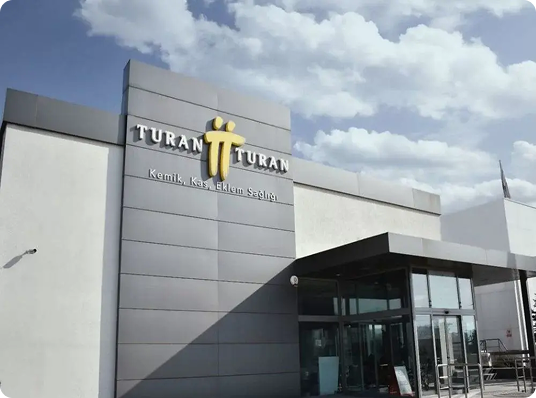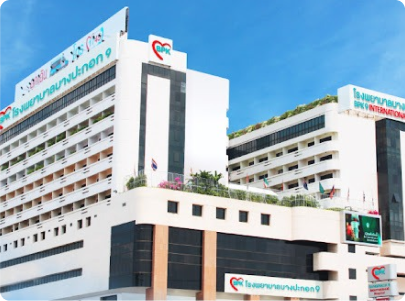Congenital Heart Defects
As a specialized medical solution, Congenital Heart Defects combines technological innovation, clinical expertise, and patient-centered strategies to optimize recovery, minimize complications, and ensure better overall healthcare experiences.
Get Expert Consultation
Speak with our medical travel experts to get personalized guidance for your procedure
✓ No commitment required • ✓ Expert guidance • ✓ Free consultation

Book Your Free Medical Consultation
Get expert advice—free and easy. Just fill out the form to start your health journey!
Key-Insights for
Congenital Heart Defects
Procedure Time
The procedure typically takes several hours to complete, depending on the complexity of the defect.
Recovery Period
Most patients can return to normal activities within a few weeks, with full recovery in about 6-8 weeks.
Expected Results
A normal heart function, reduced risk of complications, and improved overall quality of life.
Ideal Candidates
Children and adults born with congenital heart defects, such as holes or blockages in the heart's chambers or valves.
Congenital Heart Defects
As a specialized medical solution, Congenital Heart Defects combines technological innovation, clinical expertise, and patient-centered strategies to optimize recovery, minimize complications, and ensure better overall healthcare experiences.

People seek these procedures for various reasons:
Aesthetic Enhancement
Improve overall health and well-being
Corrective Purposes
Reduce symptoms such as fatigue, shortness of breath, or dizziness
Functional Restoration
Enhance quality of life by addressing underlying heart conditions
Things to Check Before Treatment
- •Get a referral from your doctor to confirm the diagnosis of congenital heart defects
- •Undergo a thorough physical examination to assess overall health
- •Share your complete medical history, including any previous surgeries or conditions
- •Inform your doctor about any medications you're currently taking
- •Discuss any anxiety or stress related to the procedure
Potential Risks
- •Bleeding during surgery
- •Infection at the surgical site
- •Reaction to anesthesia
- •Arrhythmias (abnormal heart rhythms)
- •Chances of reoperation if underlying defects are not fully corrected
How to Choose the Right Country, Clinic, and Surgeon
Do's
Verify surgeon credentials (e.g. ISAPS, JPRAS)
Ask for before-after photos
Check language barriers
Review aftercare and follow-up options
Consider local laws on medical malpractice
Don'ts
Don't Choose a Clinic Based Only on Price
Don't Rely Solely on Social Media or Influencers
Don't Ignore Language Barriers
Don't Rush Into Surgery Without Research
Don't Assume You Can Fly Back Immediately
CureMeAbroad Services Are Absolutely Free.
You pay same rates for treatments as in the hospital's original price list.
CureMeAbroad Services Are Absolutely Free.
You pay same rates for treatments as in the hospital's original price list.


Book Your Free Medical Consultation
Get expert advice—free and easy. Just fill out the form to start your health journey!
Congenital Heart Defects
Frequently Asked Questions
This procedure involves specific medical techniques tailored to address particular health conditions. Your doctor will explain the detailed process based on your case.

Help Me Plan My Treatment Abroad
End to End Treatment Planning Specifically curated as per your need. Just a Call away


Help Me Plan My Treatment Abroad
End to End Treatment Planning Specifically curated as per your need. Just a Call away


Book Your Free Medical Consultation
Get expert advice—free and easy. Just fill out the form to start your health journey!



